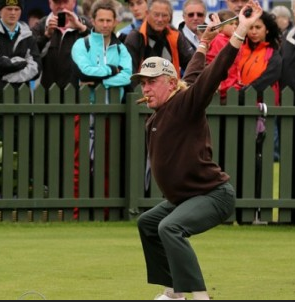Fostering Emotional Resiliency and a Growth Mindset in Young Athletes
“Everything that occurs is not only usable and workable, but is actually the path itself.” —Pema Chodron At Olympia Fitness + Performance, we train athletes who have ambitious goals relative to competing in high school, college and beyond. We support them in their athletic development, and also help them to develop emotional competency for the long haul. What does that mean? Often the ability to manage the disappointment, frustration, and deep sense of loss that comes with perceived failure and making mistakes. Stop and think about this fact for a moment: The
Rebuilding Our Relationships with Food
Food. Food is delicious. Food is comforting. Food is fuel. Food is needed. Food connects us to others. It helps us stay connected with people, whether it’s family dinners, holiday celebrations or even a good night out with friends. Just as these relationships have an impact on our health, our relationship with food also plays a major role in our overall wellness. How often do you stop and really think about your relationship with what you’re consuming? Are you eating to live? Or do you live to eat? It can be hard to face and may be ignored by
Maintaining Mobility: An Essential for the Aging Golfer
Yes it’s true, if you don’t use it, you lose it. And considering the way that we go through our day to day lives most of us aren’t using it, our mobility that is. Unfortunately, the amount of time that we’re required to be at a desk or in a car beginning in our teens starts to add up over time. As the responsibilities mount, the time allotted for fitness tends to decrease. You went from being active for two to three hours each day as a teenager, to trying
Conditioning Training For Performance
Strength and conditioning coaches occasionally direct the majority of their focus on their athlete’s movement quality and strength development while mistakenly letting their conditioning take a back seat. I’ve also noticed that within the industry we’ve developed a habit of referring to ourselves as just “strength coaches”. Perhaps because it’s simply easier to say, but we need to remind ourselves that we are strength and conditioning coaches. We cannot view the conditioning aspect of training as supplemental because then we’d be doing our athletes a huge disservice. It’s no secret



